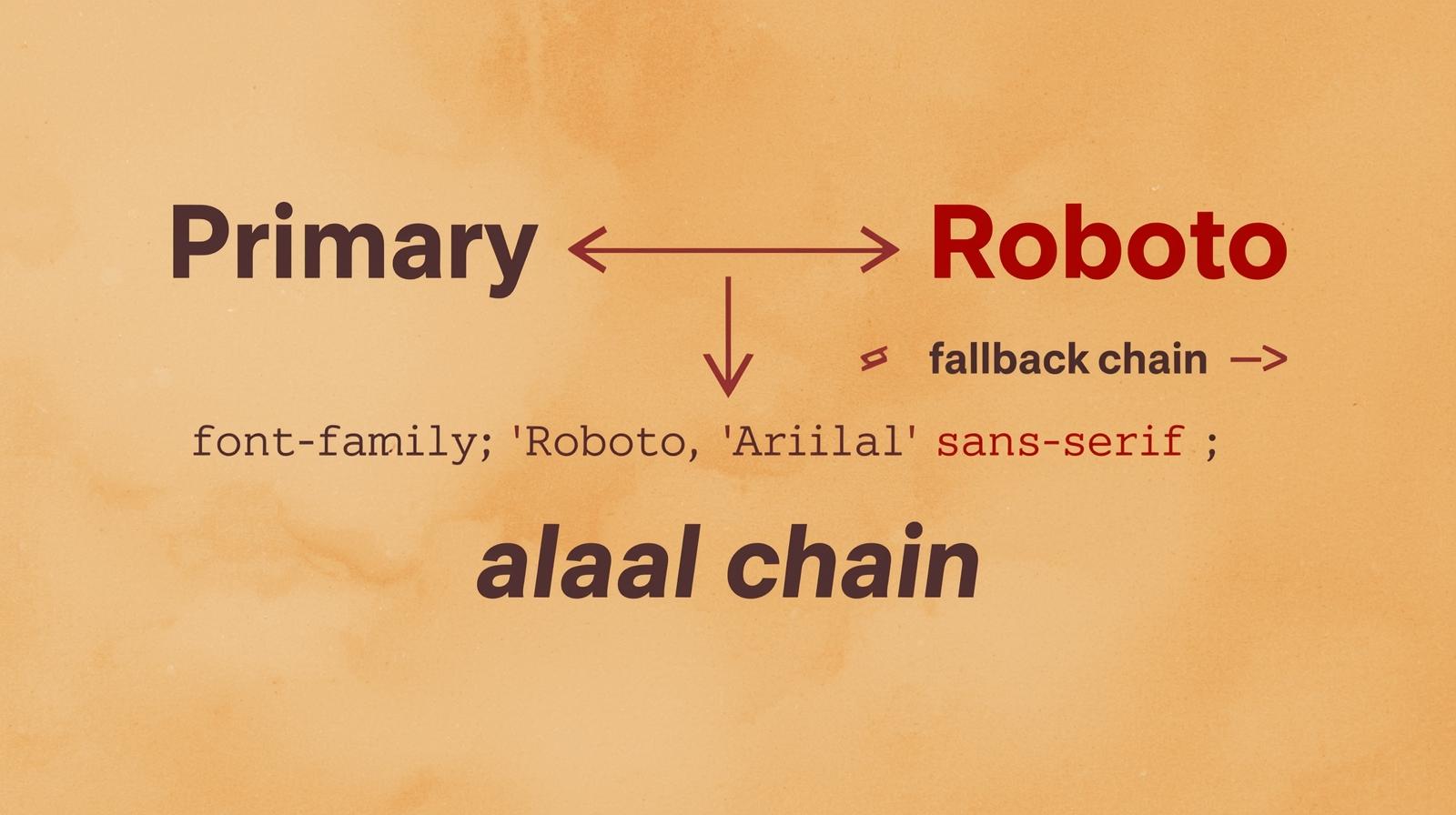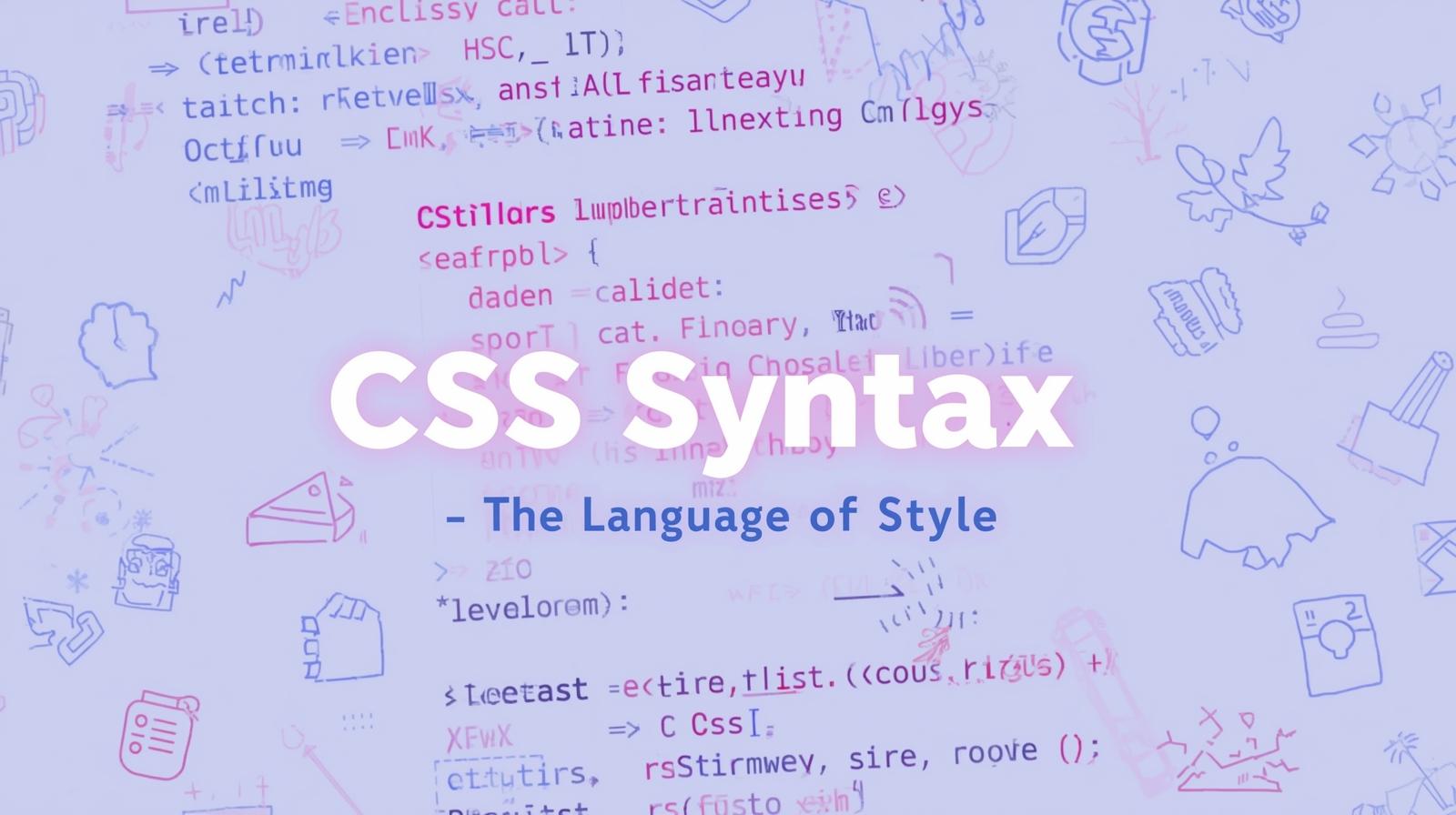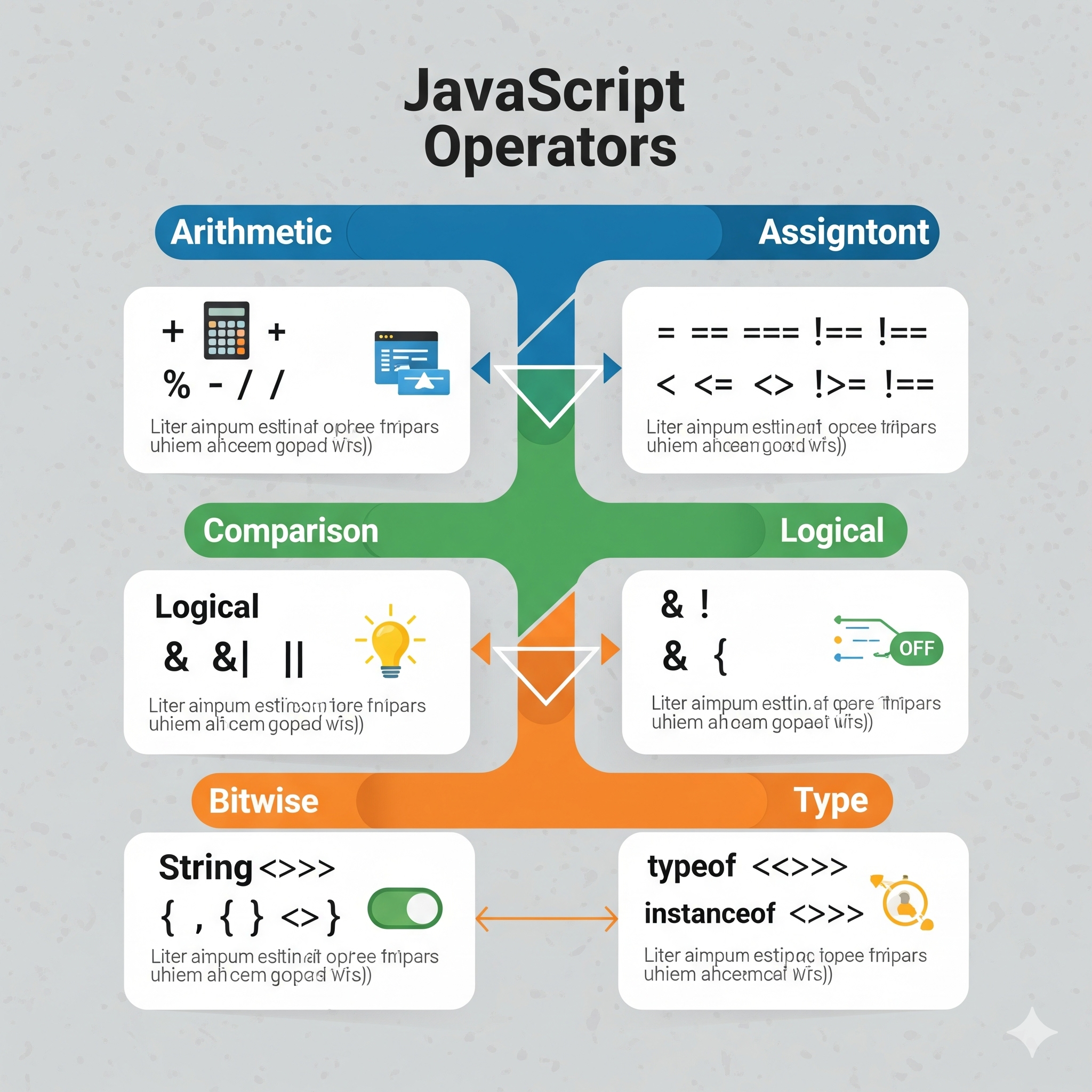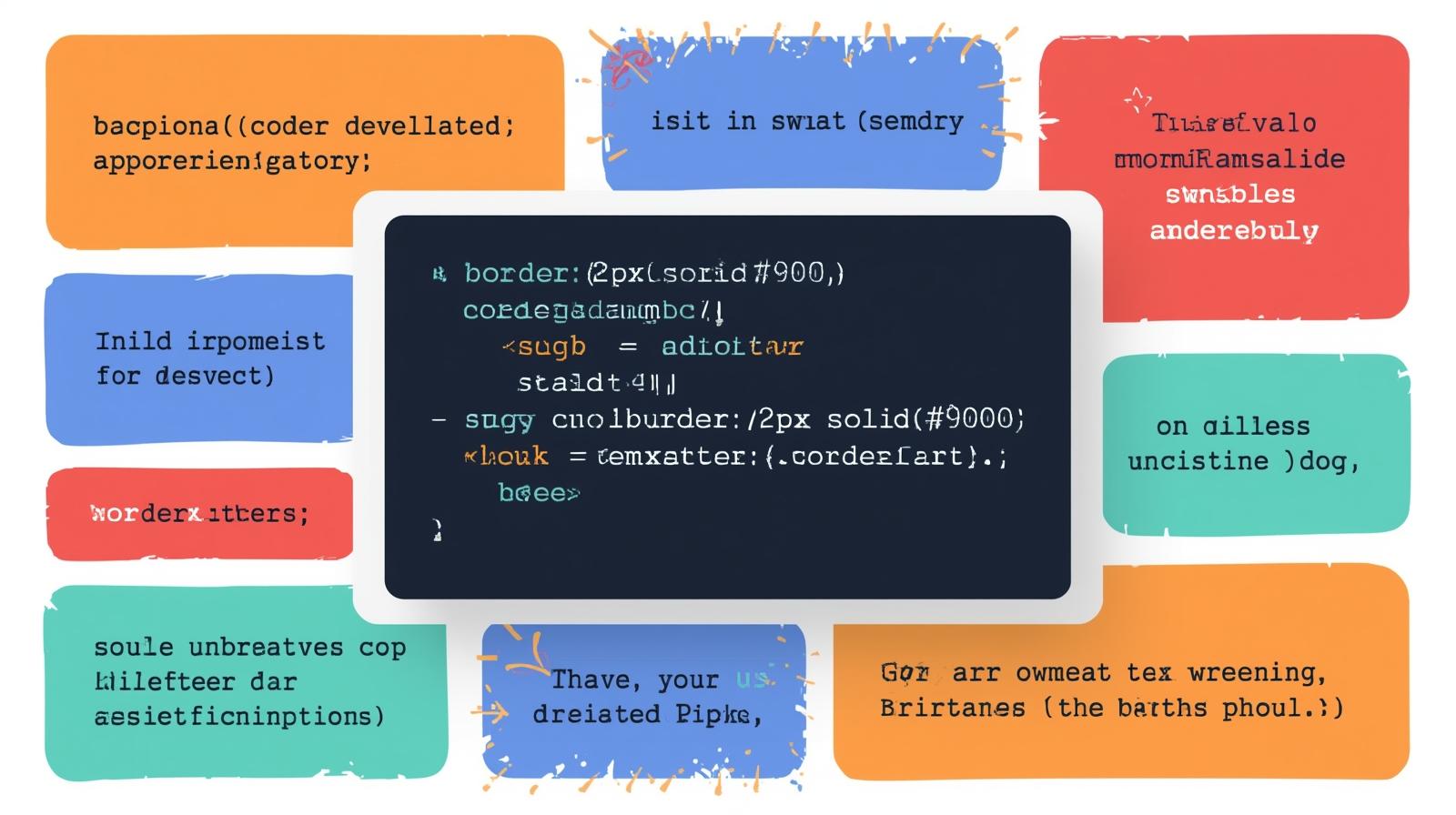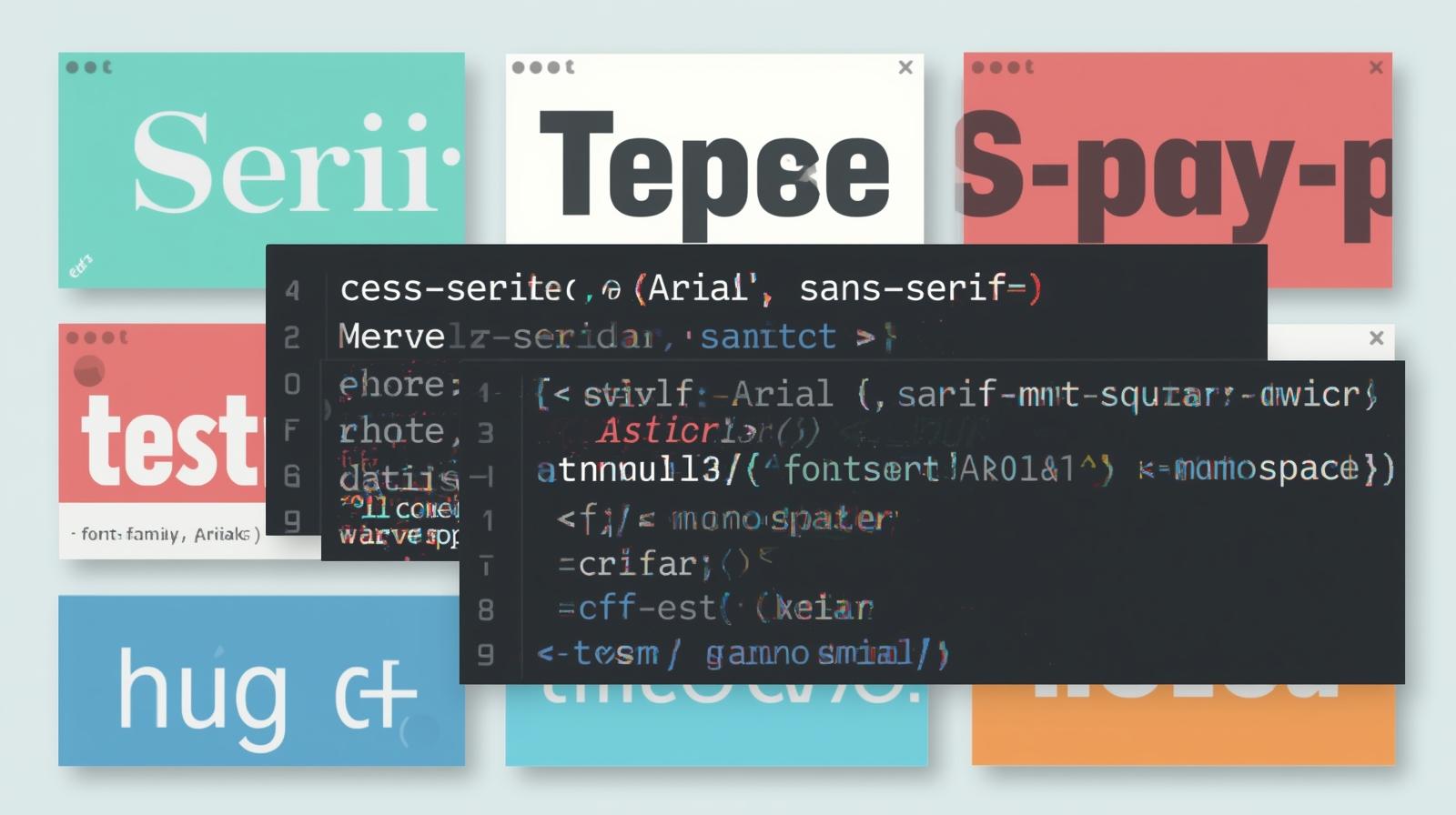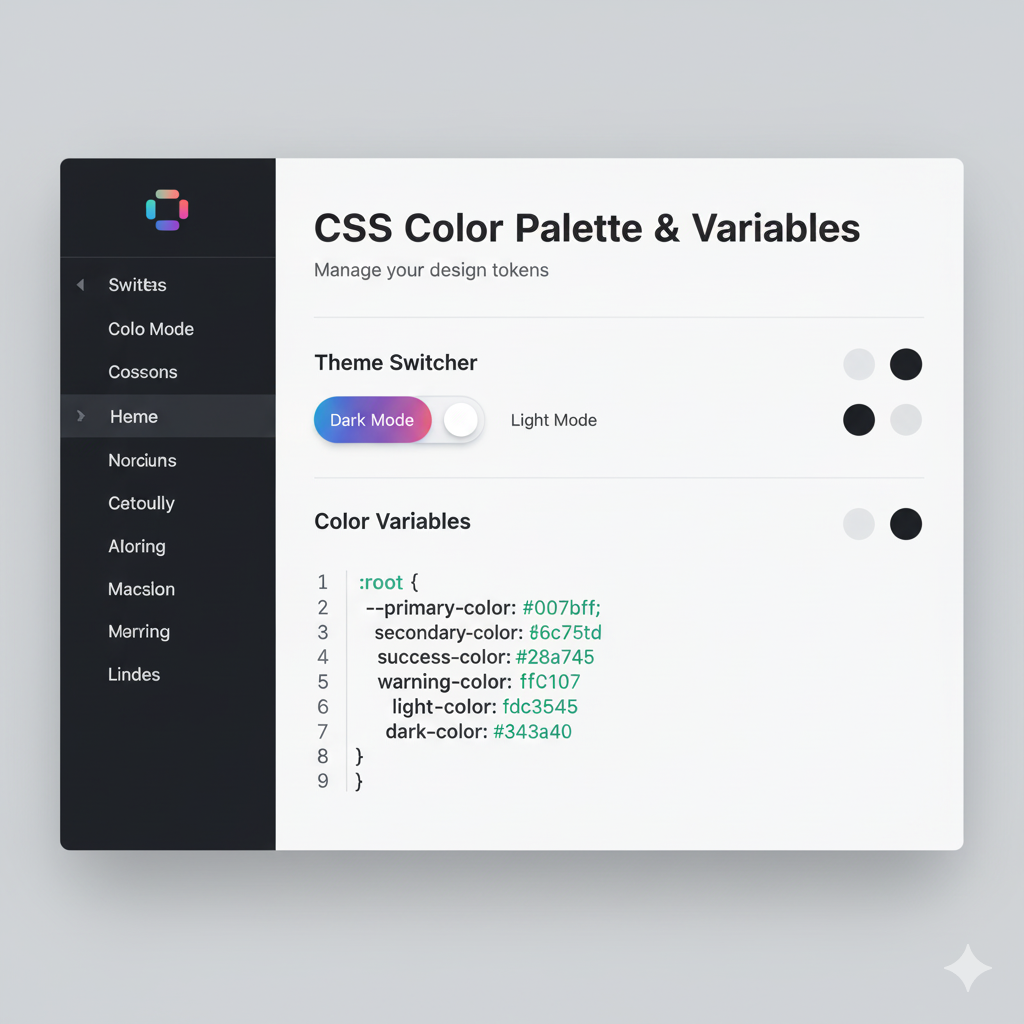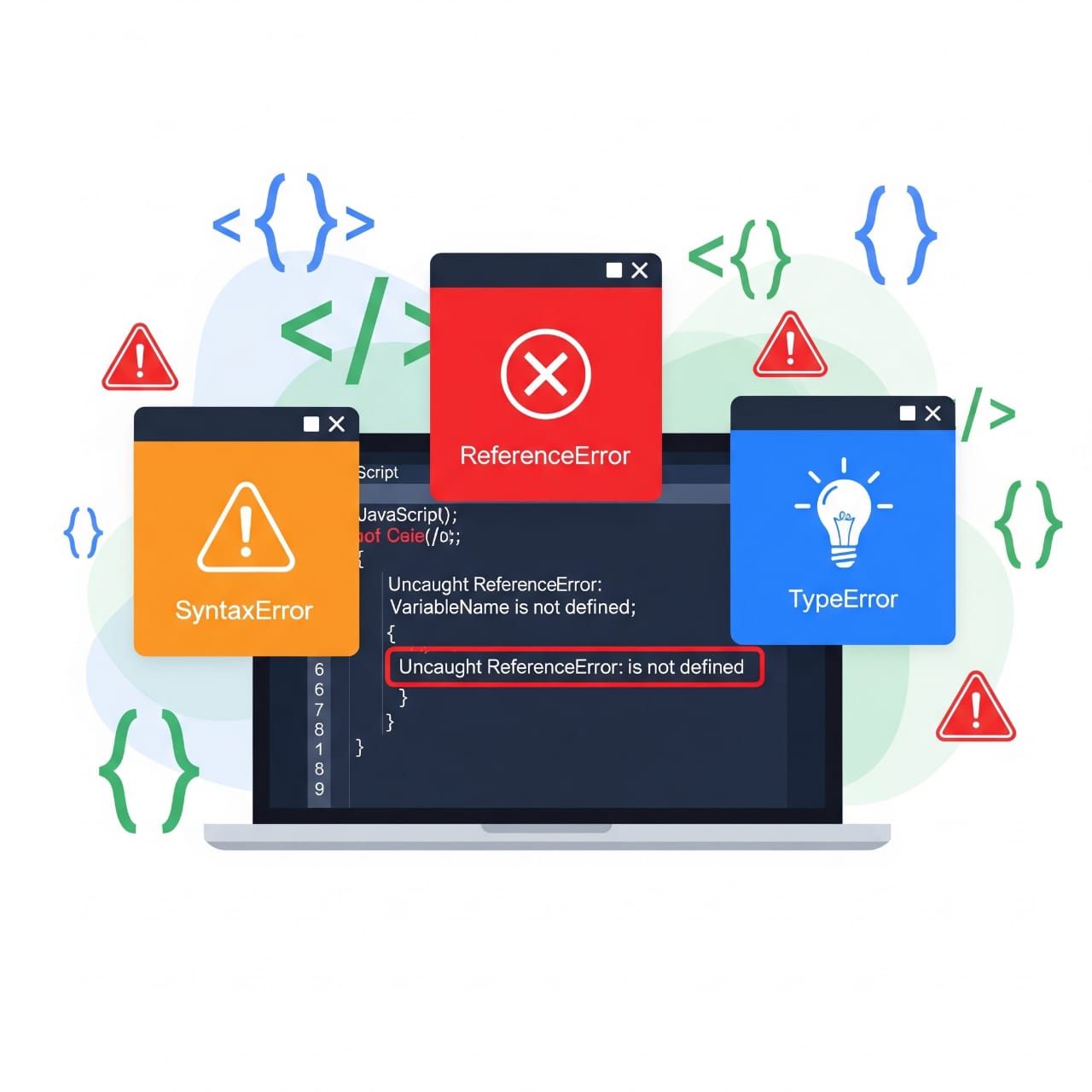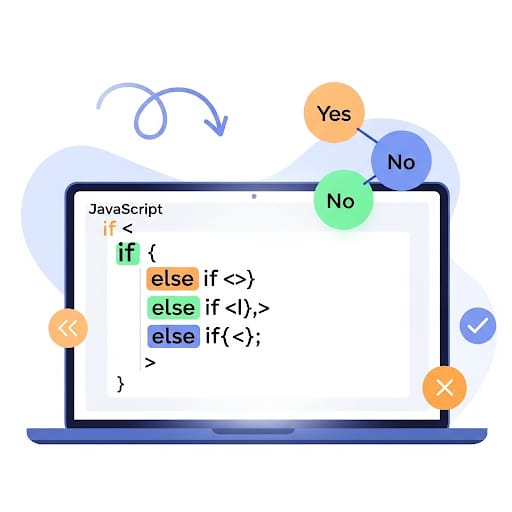JavaScript Syntax: A Complete Guide to Values, Variables, and More

Learn JavaScript syntax with this beginner-friendly guide. Understand values, literals, variables, operators, expressions, and more in simple terms.
JavaScript syntax defines the set of rules for writing valid JavaScript code. Understanding syntax is the foundation of mastering JavaScript programming. Let's dive into the key aspects of JavaScript syntax.
1. JavaScript Character Set
JavaScript uses the Unicode character set, which includes:
Letters (A-Z, a-z)
Digits (0-9)
Special characters like
+ - * / %Punctuation marks
; , .Whitespaces and escape sequences (like
\nfor a new line)
2. Values in JavaScript
Values are the fundamental units of JavaScript programming. They can be:
Fixed values (also called literals) like
10,"Hello", ortrueVariable values stored in identifiers, e.g.,
let age = 25;
3. Literals in JavaScript
Literals are constant values directly written in code. Some common types include:
Number literals:
42,3.14String literals:
'JavaScript',"Hello"Boolean literals:
true,falseNull and Undefined literals:
null,undefinedObject literals:
{ name: "John", age: 30 }Array literals:
[1, 2, 3, 4]
4. Variables in JavaScript
Variables store data in JavaScript. They are declared using:
var(old way, not recommended for modern JS)let(preferred for variables that can change)const(used for values that should not change)
Example:
let name = "Alice";
const age = 25;
var city = "New York";5. Operators in JavaScript
Operators perform operations on values and variables. Some common types:
Arithmetic Operators:
+,-,*,/,%Comparison Operators:
==,===,!=,<,>Logical Operators:
&&,||,!Assignment Operators:
=,+=,-=,*=
Example:
let sum = 5 + 3; // 8
let isEqual = (10 === "10"); // false6. Expressions in JavaScript
Expressions produce values. Examples:
Arithmetic expression:
10 + 20(produces30)Boolean expression:
5 > 3(producestrue)Function call expression:
Math.max(5, 10)
7. Keywords in JavaScript
Keywords are reserved words with special meanings in JavaScript. Some common ones:
if,else,return,function,class,break,switch,try,catch
Example:
if (age > 18) {
console.log("Adult");
} else {
console.log("Minor");
}8. Comments in JavaScript
Comments improve code readability and are ignored by the JavaScript engine.
Single-line comment:
// This is a commentMulti-line comment:
/* This is a multi-line comment */
9. Identifiers in JavaScript
Identifiers are names given to variables, functions, or objects.
Rules:
Must start with a letter,
_, or$Cannot be a JavaScript keyword
Case-sensitive (
myVarandmyvarare different)
Example:
let firstName = "John";
let $price = 100;
let _count = 5;10. Case Sensitivity in JavaScript
JavaScript is case-sensitive. This means age, Age, and AGE are different variables.
Example:
let user = "Alice";
let User = "Bob";
console.log(user); // Alice
console.log(User); // Bob11. camelCase Naming Convention
JavaScript follows camelCase for naming variables and functions. This means the first word is lowercase, and subsequent words start with uppercase letters.
Example:
let firstName = "John";
function getUserName() {
return "Alice";
}Conclusion
Understanding JavaScript syntax is the first step in becoming a proficient JavaScript developer. Master these basics to write clean, efficient, and error-free code!


